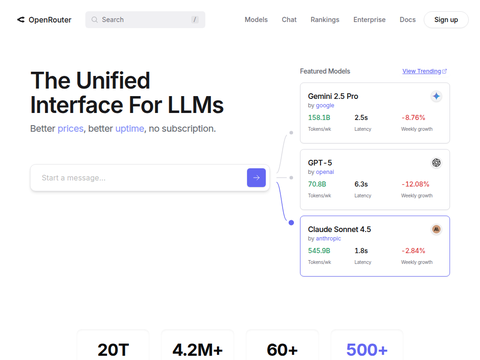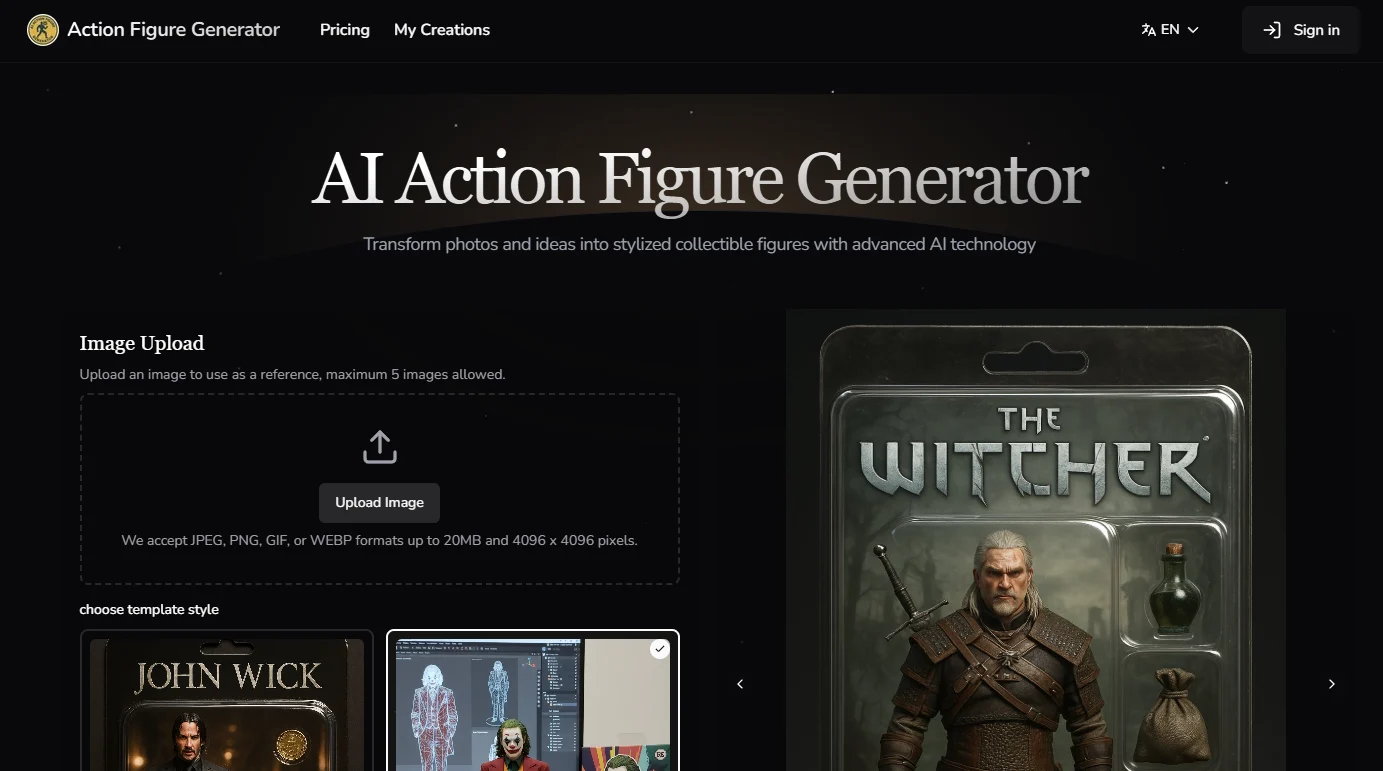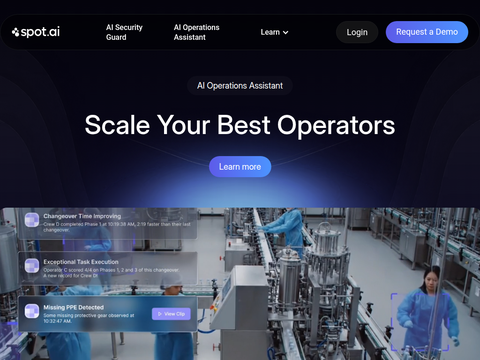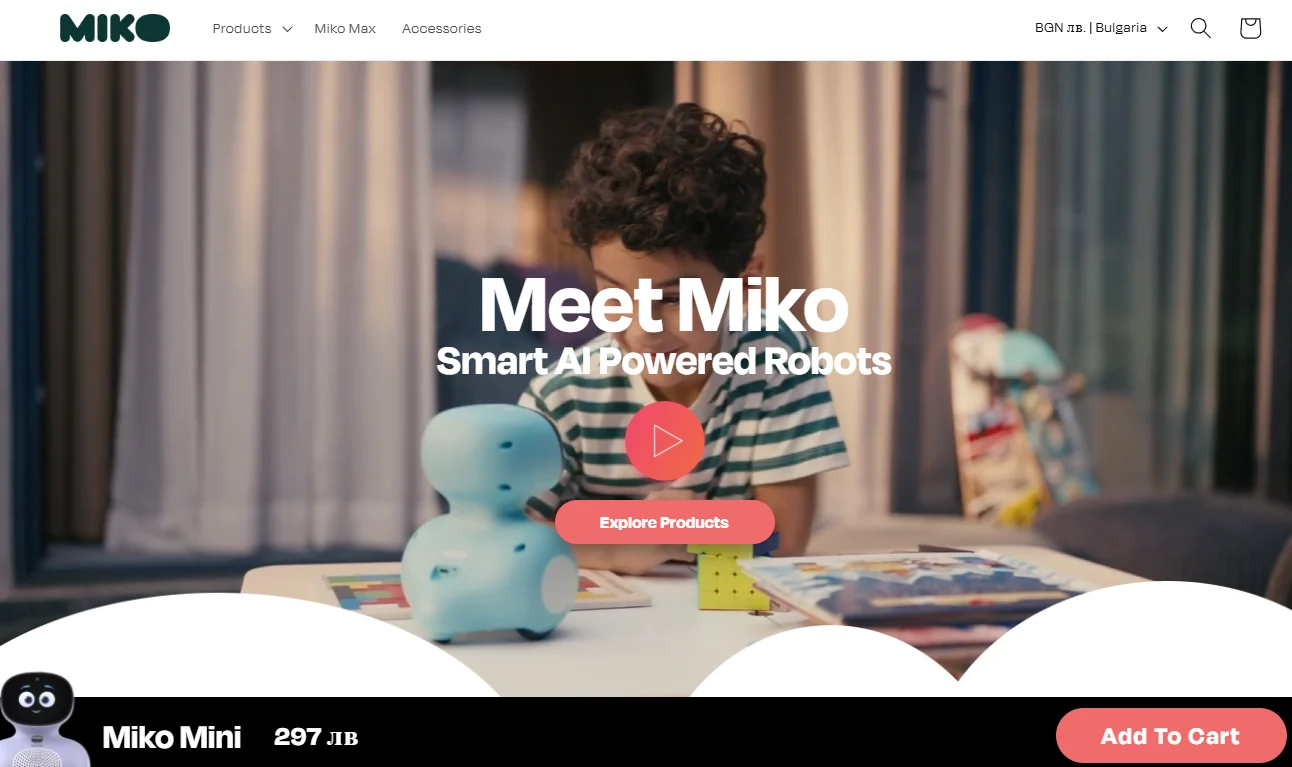Recently, Anthropic introduced a suite of new tools within its developer console designed to automate and enhance prompt engineering, aiming to boost the efficiency of enterprise AI development. These new features include a “Prompt Optimizer” and advanced example management, which are intended to aid developers in creating more reliable AI applications by refining the instructions (prompts) that guide AI models like Claude in generating responses.
The centerpiece of the new tools is the Prompt Optimizer, which leverages best practices in prompt engineering to automatically refine existing prompts. This functionality is particularly valuable for developers working across various AI platforms, as prompt engineering techniques can vary between different models. Anthropic’s new tool seeks to bridge this gap, enabling developers to seamlessly adapt prompts originally designed for other AI systems to Claude.
As AI models take on increasingly significant roles in tasks such as customer service and data analysis, the quality of prompts plays a critical role in determining the performance of these systems. Crafting effective prompts remains one of the most challenging aspects when utilizing large language models. Anthropic’s Prompt Optimizer directly addresses this pain point by automating the implementation of advanced prompt engineering techniques, thereby significantly simplifying the process for developers to achieve high-quality results with Claude.
The Prompt Optimizer enhances prompts through various technologies, including chain-of-thought reasoning, which instructs Claude to solve problems step-by-step before generating a response. This approach can significantly improve the accuracy and reliability of outputs, especially for complex tasks. The tool also standardizes examples within prompts, rewrites ambiguous sections, and adds pre-filled instructions to better guide Claude’s responses.
Additionally, the new release from Anthropic includes an example management feature, allowing developers to manage and edit examples directly within the Anthropic console. This feature is particularly useful for ensuring that Claude adheres to specific output formats, a necessity for many business applications that require consistent and structured responses. If examples are missing from a prompt, developers can utilize Claude to automatically generate synthetic examples, further streamlining the development process.
The launch of these tools comes at a pivotal time for enterprise AI adoption. As businesses increasingly integrate AI into their operations, they face the challenge of fine-tuning models to meet specific needs. Anthropic’s new tools are designed to simplify this process, enabling enterprises to deploy reliable and efficient AI solutions.
Anthropic’s new tools not only enhance the quality of prompts but also demonstrate the company’s broader ambitions in the enterprise AI sector. By lowering the barriers to effective prompt engineering, the company is assisting businesses in integrating AI into their most critical operations while minimizing challenges. As competition intensifies in the enterprise AI field, Anthropic’s practical approach stands out. Its new tools not only help enterprises adopt AI but also aim to make AI perform better, faster, and more reliably, which could be the advantage businesses are seeking in a competitive market.








